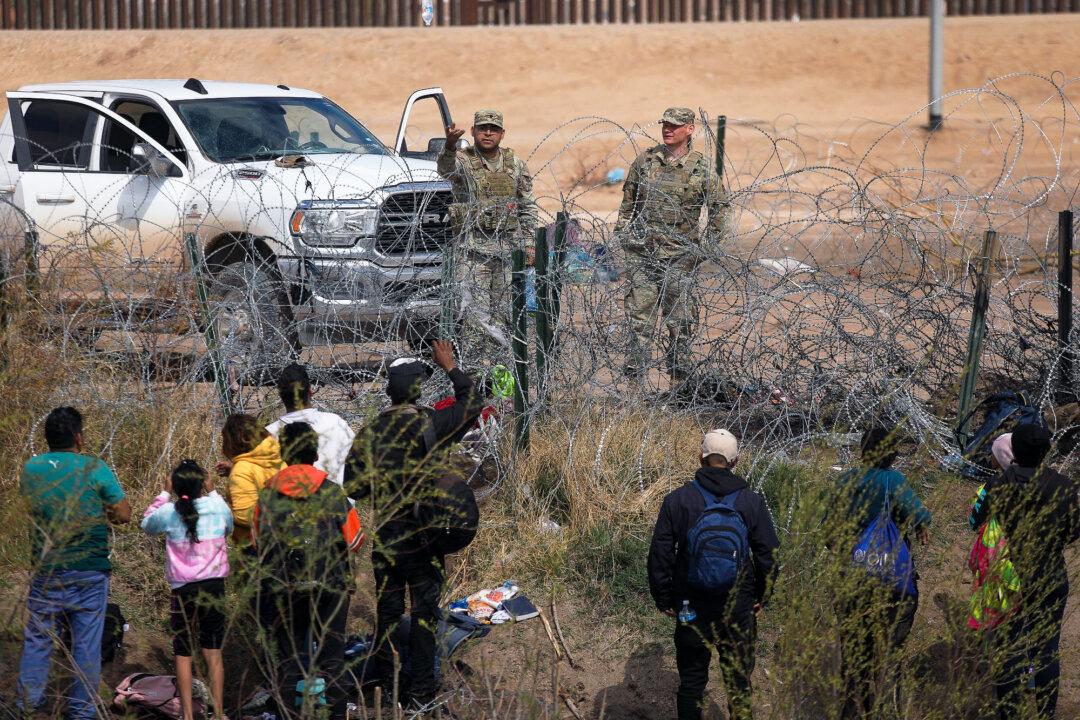Tennessee Gov. Bill Lee is the latest Republican governor to deploy a contingent of his state’s National Guard troops to the southern U.S. border to help block illegal border crossings.
During a visit to the Texas border town of Eagle Pass last month, Mr. Lee announced his intent to authorize two new rounds of troop deployments to the border. On March 2, he made good on that vow, meeting with a group of 50 Tennessee National Guard soldiers who will take on the border mission.





